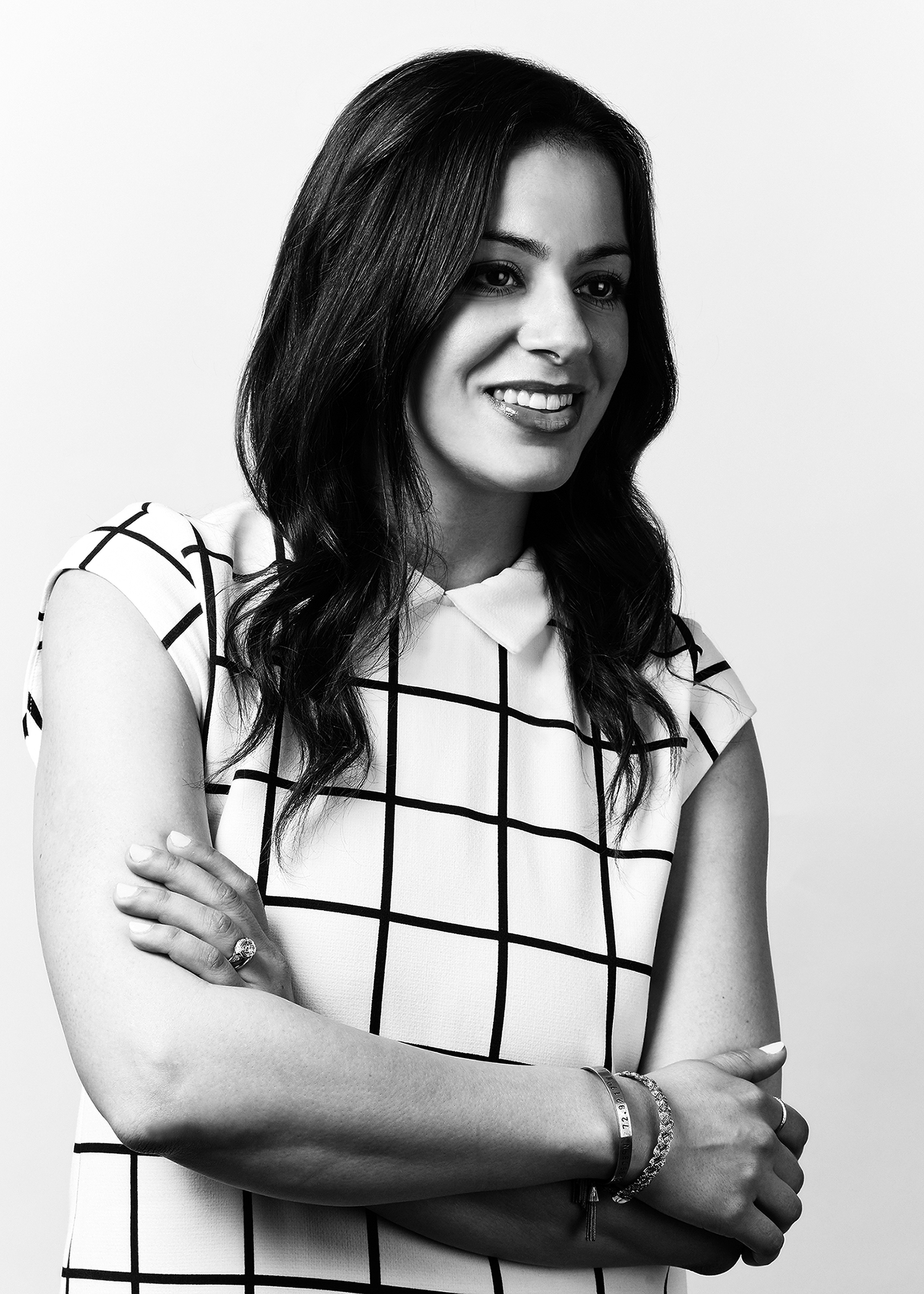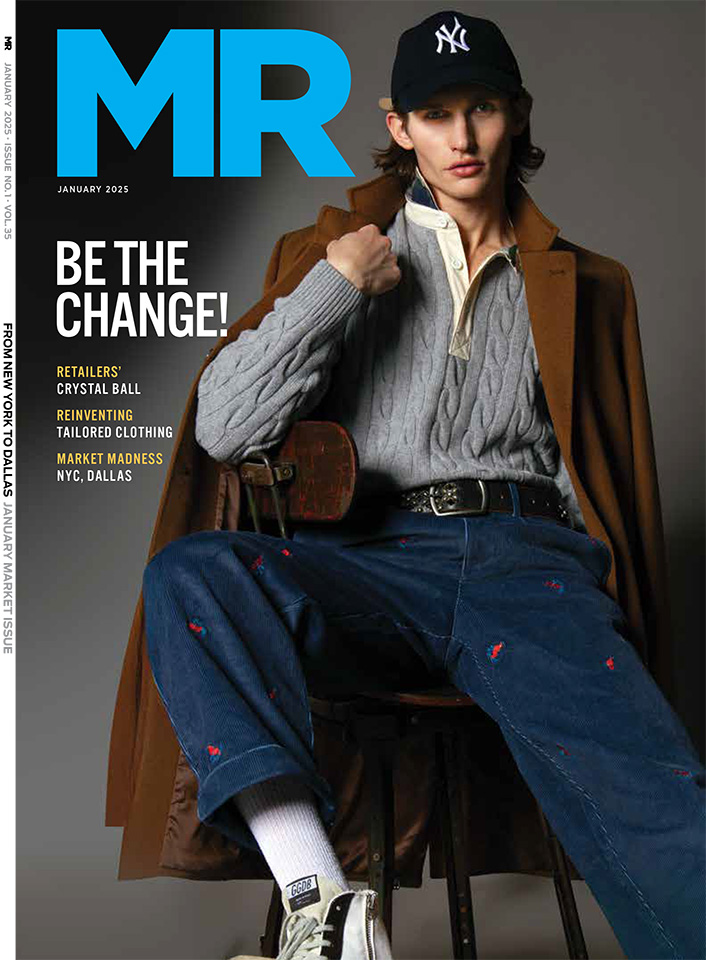Mortar: Specialty store re-imagined

Breaking the rules: New contemporary stores redefine the men’s specialty business — part six of ten
In this series from MR’s February issue, the editors talk to ten new retailers (seven brick-and-mortar, three online).
Mortar
Location: Houston, Texas
Opened in 2010
Owned by Sacha Nelson Chapel
Size: 2,700 sq.ft. retail space/workshop; 1,000 sq. ft. upstairs office space
Why would someone with a background in management consulting want to open a menswear specialty store? Sacha Nelson Chapel, owner of Mortar and a former consultant, had two reasons: 1) “Around that time contemporary menswear was really interesting and compelling. 2) In Houston, contemporary menswear didn’t really exist, so we saw an opportunity to open a store.”
Chapel says they wanted to stay away from the heritage trend and instead use the store to frame new designers to appeal to their consumers. In a short time, they started to see the retail landscape change. Chapel explains, “E-commerce sites like Amazon and Mr. Porter started entering the men’s apparel space. Many of the brands we sold didn’t have e-commerce platforms yet, and then they started becoming available online. We saw this shift, and that’s when we began thinking about the role of a specialty store.”

Mortar will do things like invite customers to help collaborate on pieces of their private label collection. Or use the recording space as a place for local bands and/or producers to play and record music. Again, they’ll invite customers to participate in the audience. “We give them behind the scenes access to the creative process. We want them to know that their input matters to us. I’m not going to raise the bottom because that is a disservice to the brands, and while customers are being socialized to look for value online we want to give them reasons to contribute in store. What surprised us is that our comps were 45 percent up on average for 18 months, so we’re continuing to grow. We need to keep coming up with innovative ideas and continue to do what our mission was when we opened.”
In terms of product assortment, the breakdown is 30 percent private label to 70 percent branded. Private label is new for spring 2013 and best-selling brands include Hamilton, White Mountaineering, Post O’alls, T by Alexander Wang, Acne, Common Projects, Comme des Garçons Play, New Shoe Repair and Our Legacy. Chapel explains how he sees the contemporary market: “As the fits get younger and slimmer, a lot of people are going through this identity crisis and asking who this contemporary menswear audience is. There’s that younger generation that doesn’t want to go to Jos. A. Bank or Brooks Brothers because they don’t want to look like their dads, but then they don’t want to look like their nephews, either. That’s the space that we try to understand and play in. That customer doesn’t want to go online because they weren’t socialized online, they want to come in and have an experience. That’s what really propelled our success.”


